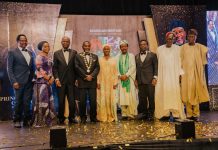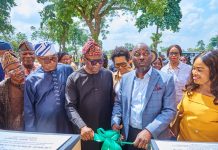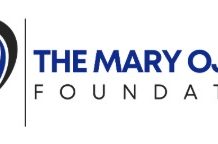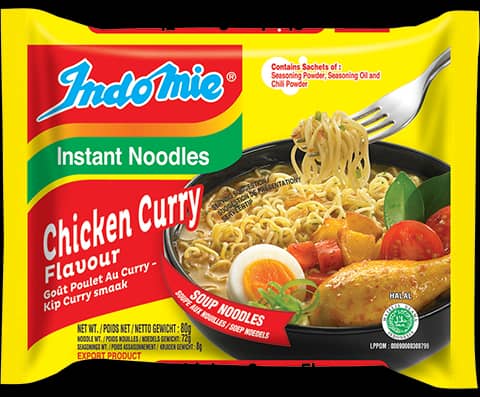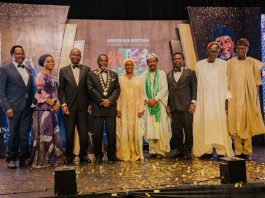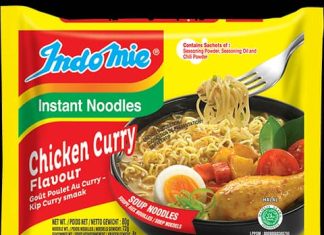by Augusta Okon
Over the years, literary adaptations dominantly novels written by Nigerians or those of Nigerian descent have been adapted into movies for the screen. From cinemas, home videos, streaming and video sharing platforms, movies based on Nigerian literature is gradually making a come back. Ironically, from the archives of the Nigerian movie Industry, film adaptations make up a good number of productions in the golden era of the 70’s from which literary works has its fair share. I have put together a comprehensive list of Nigerian literary adaptations as seen below;
Kongi’s Harvest (1970)
Francis Oladele under his production company “Calpenny Nigeria Ltd” adapted Wole Soyinka’s 1965 play, “Kongi’s Harvest” into an 85 minutes film. It was directed by Ossie Davies who previously directed the hit film “Cotton Comes to Harlem” in 1969. Interestingly, Wole Soyinka played the lead role (President Kongi) alongside Orlando Martins (first Nigerian to act in a film ‘Sanders of the River’ in 1935 and also featured in The Man from Morocco in 1945 and Men of Two Worlds in 1946), Rasidi Onikoyi, Dapo Adelugba, Femi Johnson and Nina Baden-Semper. Film funding was raised by Arthur DuBow of Herald productions in the US while the crew was by Lennart Berns of Omega films in Sweden.
It tells the story of a dictator of a developing nation in Africa called President Kongi who after deposing the rightful ruler Oba Danlola and sending him to prison, is bent on modernizing the Nation. He hungers and thirsts over the spiritual privilege of having the New Yam handed over to him during the public ceremony festival and presiding over same, a spiritual privilege of the Oba, which should fall to Daodu, the Oba’s nephew and heir. Kongi attempts to find a way to make Oba Danlola submit to his demands. Meanwhile, the people are resisting unification but kept forcefully in check by the president’s Carpenter’s brigade. There are acts of rebellion, treason charges, escape plots, culminating in the death of President Kongi.
Things Fall Apart (Bull Frog In the Sun) (1972)
Initially titled “Things Fall Apart”, it was later renamed Bull Frog in the Sun due to pressure from the government of the day. It is an adaptation of the two classic novels; Things Fall Apart (1958) and No longer At Ease (1960) authored by the great novelist, Chinua Achebe, under a tripartite production deal ( Calpenny Nigeria Ltd, Cine 3 (W/Germany) and Niagram (USA). Powered on by Francis Oladele, it was shot in Ibadan in 1970, directed by Hans-Juergen Pohland starring Elizabeth Toro of Uganda (lawyer turned model in New York who played the role of Clara) and Senegalese British actor, Johnny Sekka (who played Obi).
According to Nwachukwu Frank Ukadike, “Things Fall Apart managed to play commercially in Africa but received a mixed reception. The attempt to raise funds to launch a full scale commercial release in the USA failed, the opportunity for American viewers came only when some eastern public broadcasting stations aired it on TV”. Achebe like Soyinka wasn’t pleased with the film’s production as it leveraged on the liberty angle to draw connections to the violence of the Nigerian/Biafran War.
Interestingly, there is another version of the Things Fall Apart Film which conflicts with what Nwachukwu stated. Segun Oyekunle (late), recounts it was produced by Samuel Goldwyn Jr (MGM fame) and Ed Mosk which starred Princess Elizabeth Toro of Uganda and John Seka. The film was an adaptation of three of Chinua Achebe’s books; Things Fall Apart, No Longer At Ease, and A Man of The People. Segun Oyekunle had privately watched the film courtesy of Samuel Goldwyn Jr’s son and had the opportunity to talk with Achebe who was overtly disappointed with the production. Achebe sued the producers and the law suit prevented the film from being seen beyond one or two special screenings in LA and Atlanta and was never publicly released.
Shaihu Umar (1976)
The novella “Shehu Umar”, authored by Abubakar Tafawa Balewa, was chosen by the British colonial administration during a literacy competition in 1933. Interestingly, years later, Abubakar Tafawa Balewa emerged as Nigeria’s first prime minister. In 1976, Adamu Halilu (the first General Manager of the Nigerian Film Corporation) adapted the 1955 novella into one of the first feature films in Hausa starring Umaru Ladan, Mairiga Aliyu, Husaini Mohammed, Umaru Dembo, Assad Yasin, Harira Kachia, Hajara Ibrahim, Kasimu Yero, Mamuda Abdullai and Daudu Ahmed.
The 144-minutes movie tells the story of Shaihu Umar, a wise Islamic scholar during the end of the 19th century in Northern Nigeria, who shares his life story with his students. It is filled with tragic moments, tests and trials of slavery. However, hope comes alive when he is finally adopted as a son by his Arabic master. Sequel to a dream he had, he is determined to search for his mother whom he was separated from many years ago.
Ija Ominira (Fight For Freedom) 1979
Based on Adebayo Faleti’s novel of same name, Ola Balogun teamed up with Ade Afolayan to produce the 1979 film. The 1hour 40 minutes movie unveils a tyrant king of the old Oyo empire who is banished from the land by his subjects after a successful revolt. It stars Ade Afolayan (a. k. a. Ade love), Duro Ladipo, Oyin Adejobi and was directed by Ola Balogun. The film was a success and recouped its production cost in less than a year.
…To be continued
Augusta Òkon is a Film adaptation advocate, story teller, Film Critic, lawyer, and author. She has served as member of the screening panel for AMAA, Inshort International Film Festival and Jury member, Lekki International Film Festival.



